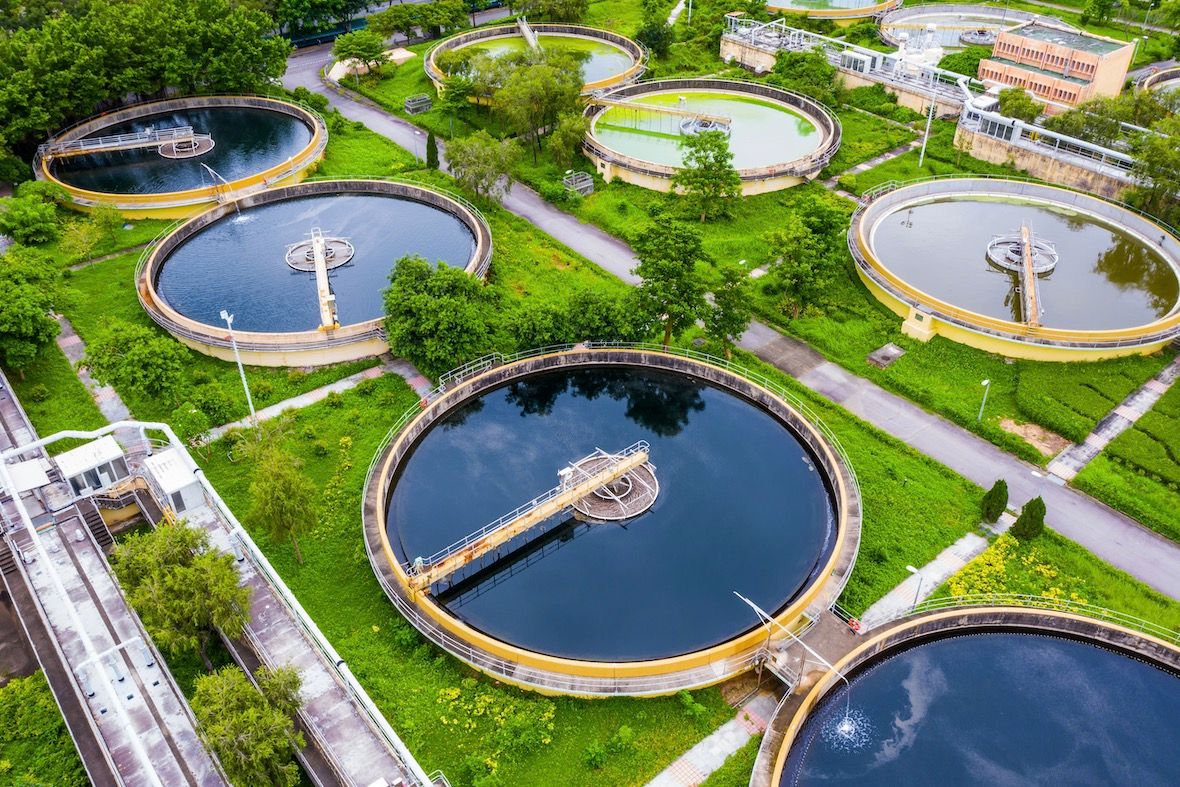The Core of Treatment: Coagulant and Polyacrylamide Solutions
Water is not merely a fundamental source of life; it's also an indispensable component of modern industry and urban living. However, water in its natural state or after industrial processes often fails to meet desired quality standards. This makes wastewater and drinking water treatment vital for both environmental sustainability and regulatory compliance. At the heart of these treatment processes, coagulants and polyelectrolytes play a pivotal role in achieving the desired purity levels. At Teget Kimya, we stand by our partners in these strategic processes, offering high-performance chemical products and comprehensive technical support.
Understanding Coagulation: Mechanism and Importance
Coagulation is the process where fine suspended particles (colloids) in water have their electrical charges neutralized, causing them to aggregate and become ready for settling. This stage is the most critical starting point, directly influencing the overall efficiency of water treatment systems. Especially for waters with high turbidity, color, chemical oxygen demand (COD), and heavy metal content, the correct selection and application of coagulants are crucial for optimizing system performance.
Teget Kimya's Extensive Coagulant Range: Inorganic and Organic Solutions
Since the characteristics of water vary with each application, every treatment process demands a tailored chemical approach. Teget Kimya offers a broad spectrum of inorganic and organic coagulants to address this diversity:
Inorganic Coagulants:
Aluminum Sulfate (Alum): A classic coagulant widely and reliably used in water treatment for many years. It's known for its high solubility and rapid effect in both drinking water and wastewater treatment. While its application may lead to a decrease in pH and an increase in sludge volume, it remains a popular choice due to its cost-effectiveness.
Poly Aluminum Chloride (PAC): Offers similar or superior treatment performance compared to traditional aluminum sulfate, often at lower dosages. Its high basicity helps maintain pH stability and generates significantly less sludge. It provides a balanced solution for both drinking water and industrial wastewater treatment.
Poly Aluminum Chloride Hydroxide Sulfate (PAC-HS): A more refined chemical compared to standard PAC products. It stands out with an improved floc structure, faster settling, and superior color removal capabilities. It is a preferred option, particularly for treating drinking water sources with low turbidity.
Iron (III) Chloride – Ferric Chloride (FeCl₃): Demonstrates high effectiveness in removing phosphates, sulfides, suspended solids, and various heavy metals due to its strong oxidizing capacity. Its solubility in low pH processes offers a significant advantage for industrial wastewater treatment.
Organic Coagulants:
Organic coagulants come into play particularly when inorganic coagulants show limitations or when minimizing sludge volume is critical. They are typically polymeric in nature and offer optimized solutions for specific types of contaminants.
Poly DADMACS (Poly Diallyl Dimethyl Ammonium Chloride): A high molecular weight cationic polymer. It is particularly effective in color removal, turbidity control, and breaking oil-grease emulsions. It delivers high performance at low dosages and significantly reduces sludge volume. Widely used in drinking water, wastewater, and industrial process waters.
Polyamines: Cationic polymers with various molecular weights and charge densities. They are effective over a broad pH range and are particularly successful in removing organic pollution, oils, and greases. They are frequently chosen for wastewater in the pulp and paper, textile, food, and chemical industries.
Polyelectrolytes (Polyacrylamides): The Potent Complement to Coagulation
Following the coagulation process, polyelectrolytes (polyacrylamides) are used as polymeric chemicals that facilitate the growth and effective settling of the formed flocs. With cationic, anionic, and nonionic types available, they offer a wide range of applications. They also play a critical role in secondary treatment steps such as sludge dewatering, filtration, and process water recovery.
At Teget Kimya, we provide detailed technical analysis and application support to determine the most suitable polyelectrolyte type and optimize its dosage for your specific process.
Teget Kimya: Your Partner for Efficient, Reliable, and Sustainable Treatment Solutions
Every business has unique water treatment needs. Therefore, Teget Kimya aims to be more than just a chemical supplier; we strive to offer our clients a comprehensive solution partnership. With our expert team, we support our clients at every step of their operations:
Detailed water analyses,
Tailored chemical product selection for your process,
Support for optimal dosing system installation,
Continuous technical consultancy services,
We provide our clients with efficient, safe, and environmentally conscious treatment solutions.
Please don't hesitate to contact us for specific solution proposals for your process or to learn more about our products. Teget Kimya adds value to water, investing in the future.

